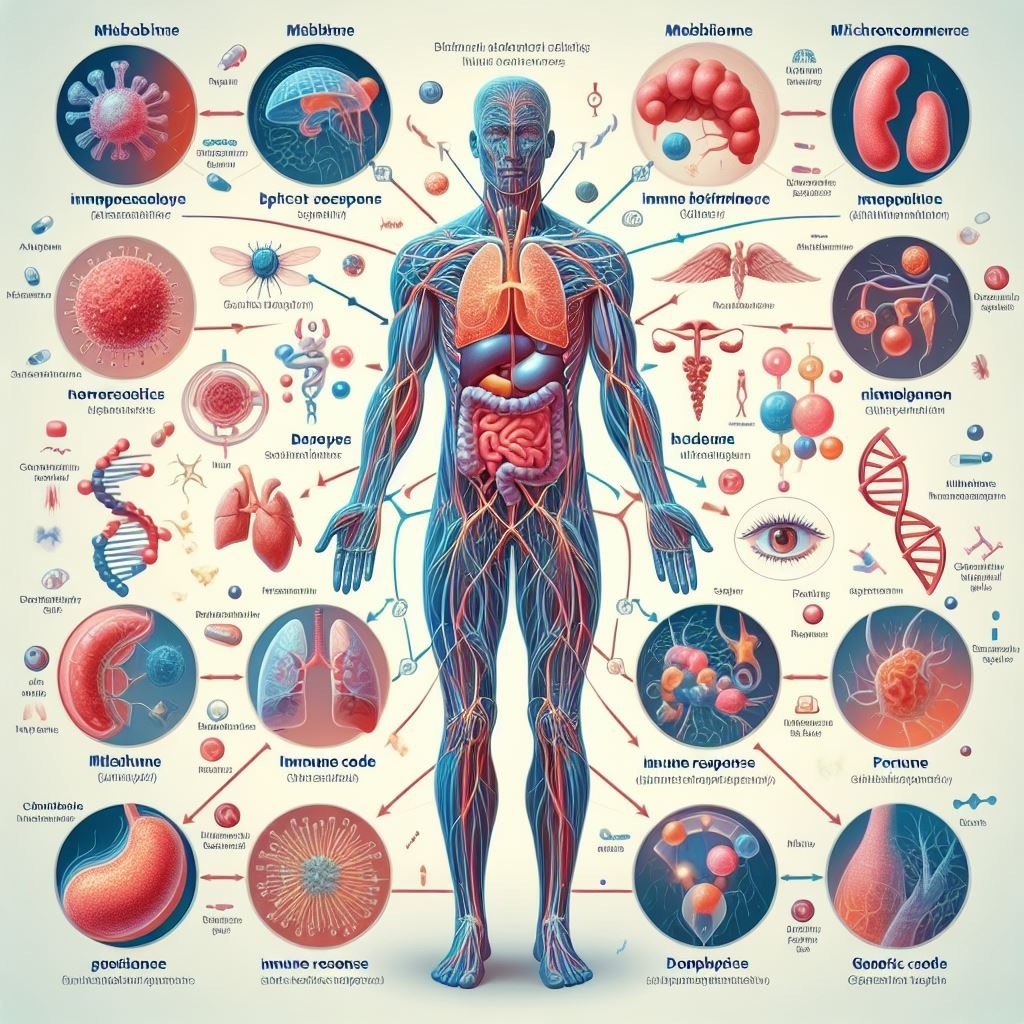
Epigenetics refers to the study of changes in gene expression or cellular phenotype that do not involve alterations in the underlying DNA sequence. Instead, epigenetic modifications affect how genes are read by cells and whether they are turned “on” or “off.” These changes can influence development, health, and disease, and they are often reversible.
Key Components of Epigenetics:
- DNA Methylation:
- The addition of a methyl group (CH₃) to DNA, usually at cytosine bases.
- Methylation often silences gene expression by preventing transcription machinery from accessing the gene.
- Histone Modification:
- Histones are Proteins around which DNA is wrapped.
- Chemical modifications (e.g., acetylation, methylation) to histones can either loosen or tighten DNA winding, regulating access to genetic information.
- Non-Coding RNA:
- Certain RNAs (e.g., microRNAs) can regulate gene expression by targeting mRNA for degradation or interfering with its translation into proteins.
- Chromatin Structure:
- Chromatin, the complex of DNA and proteins, can exist in different states:
- Euchromatin: Open and accessible, allowing gene expression.
- Heterochromatin: Condensed and inactive, preventing gene expression.
- Chromatin, the complex of DNA and proteins, can exist in different states:
How Epigenetics Works:
Epigenetic modifications act as a molecular “switch” or “dial,” controlling how much or how little of a gene is expressed without changing the gene’s sequence. These changes can be influenced by:
- Environmental factors (e.g., diet, toxins, stress, exercise).
- Developmental stages (e.g., embryo formation).
- Social behaviours or experiences.
Epigenetics and Heredity:
Some epigenetic changes can be passed down to future generations, though the mechanisms of transgenerational inheritance are still being studied. These changes might influence traits or susceptibility to diseases.
Importance of Epigenetics:
- Health and Disease: Epigenetics plays a role in cancer, autoimmune diseases, neurological disorders, and aging.
- Development: Epigenetic processes are crucial during development, such as determining cell differentiation.
- Behaviour and Psychology: Epigenetic changes can be linked to stress, memory, and behaviour.
Practical Applications:
- Medicine: Epigenetic therapies aim to modify abnormal gene expression, such as drugs that reverse DNA methylation or histone modifications.
- Agriculture: Epigenetics is used to improve crop resilience and productivity.
- Forensics: Epigenetic markers can help determine age or tissue origin.
In essence, epigenetics adds an additional layer of complexity to our understanding of genetics, emphasizing how gene expression is regulated dynamically by both internal and external factors.


0 Comments